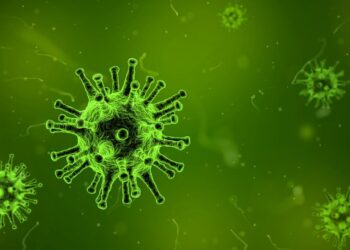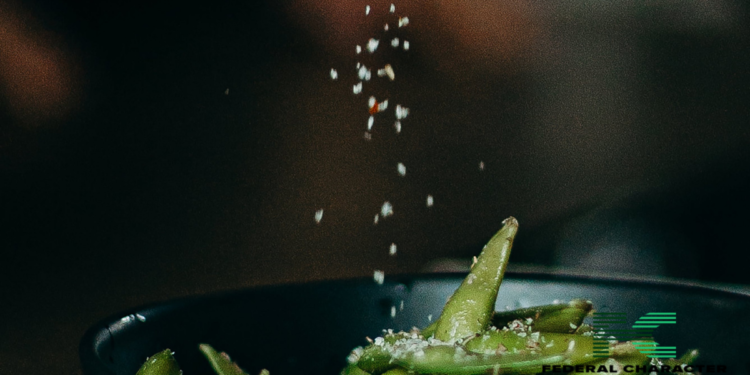According to Jane Ezirigwe “In Nigeria, more than 200,000 persons die of food poisoning annually, caused by contaminated foods.” Food poisoning is a sickness that results from ingesting contaminated food or beverages. Millions of cases occur each year worldwide, which is more frequent than we’d want.
Examining the causes, symptoms, and treatment of food poisoning may appear somewhat scientific, but it serves as your backstage ticket to a more nutritious meal. We’re essentially giving you the keys to interpret your body’s messages and make wise decisions. Now let’s examine the causes, symptoms, and treatment.

Image by Arek Socha
Causes of Food Poisoning
In most cases, food poisoning is caused by mischievous troublemakers; bacteria, viruses, and parasites.
Bacteria: These germs, such as Salmonella and E. coli, are unwanted guests in the world of food safety. When proper sanitation and sanitary measures in food preparation, handling, or storage have been disrupted, organisms grasp the chance to cause gastrointestinal distress.
Viruses: Viruses, unlike bacteria, are discreet disruptors. They remain persistent long after cooking. The norovirus, for example, is well-known for producing gastrointestinal distress, as seen by symptoms like vomiting and diarrhea.
Parasites: In terms of food safety, parasites—such as worms and protozoa—serve as unwanted visitors or freeloaders that flourish on undercooked or contaminated food. Their penetration may cause them to remain permanently in the digestive tract, which could have detrimental effects on your health.
Some high-risk food in food poisoning includes:
- Undercooked meat, particularly ground beef.
- Undercooked poultry, such as chicken or turkey.
- Raw or undercooked eggs, including dishes like raw cookie dough or homemade mayonnaise.
- Unpasteurized milk and dairy products, like raw milk cheese.
- Pre-cut or pre-washed fruits and vegetables, which may be prone to contamination.
- Uncooked or lightly cooked rice and pasta, as they may harbor bacteria called Bacillus cereus.
- Leftovers that haven’t been stored or reheated correctly.
Symptoms of Food Poisoning
Some common symptoms that are associated with food poisoning includes:
- Nausea
- Vomiting
- Diarrhea
- Abdominal cramps
- Fever
- Chills
- Headache
- Muscle pain
- Fatigue
- Dehydration
Treatment Process For Food Poisoning
When you are food poisoned, the aftermath of the storm in your stomach is a lengthy recovery process. There are a few things you can do to get back on your feet.
Hydration
For someone who has had food poisoning, it is essential to stay hydrated. Drinking clear fluids such as water, chicken broth, or electrolyte solutions can help replenish fluids lost during vomiting and diarrhea.
Go Bland
Allow your stomach to settle by eating bland, readily digestible meals such as rice, bread, and bananas. These are gentle on the gastrointestinal system.
Over-the-counter Medications
For symptomatic relief, look into over-the-counter drugs like anti-diarrheal pills.
These drugs can assist to alleviate unpleasant sensations. However, use them with caution and consult a healthcare expert if your symptoms persist.
Seek Medical Attention
If your symptoms are severe or persistent, or if you have any underlying health concerns, you should get medical assistance right away. Some cases of food poisoning can require medical treatment or hospitalization.

















